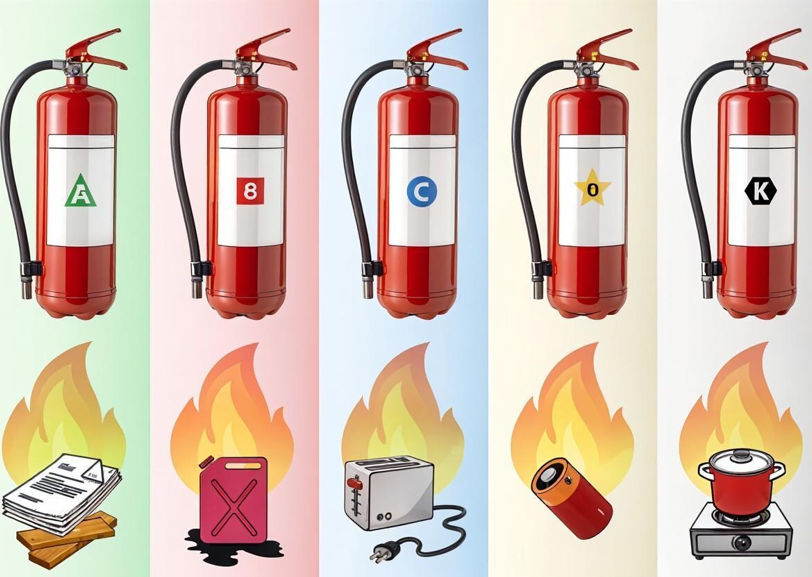Fire Extinguisher Maintenance
Regular maintenance ensures extinguishers will function when needed:
| Maintenance Activity | Frequency | Description |
|---|---|---|
| Visual Inspection | Monthly | Check for proper pressure, visible damage, and accessibility |
| Professional Inspection | Annually | Certified technician checks internal and external condition |
| Hydrostatic Testing | Every 5-12 years | Pressure test to verify cylinder integrity (varies by type) |
| Recharging | After use or when needed | Refill extinguishing agent and repressurize |
SRJ Piping India offers comprehensive annual maintenance contracts to keep your fire protection systems in peak condition.

Proper maintenance extends extinguisher lifespan and reliability


